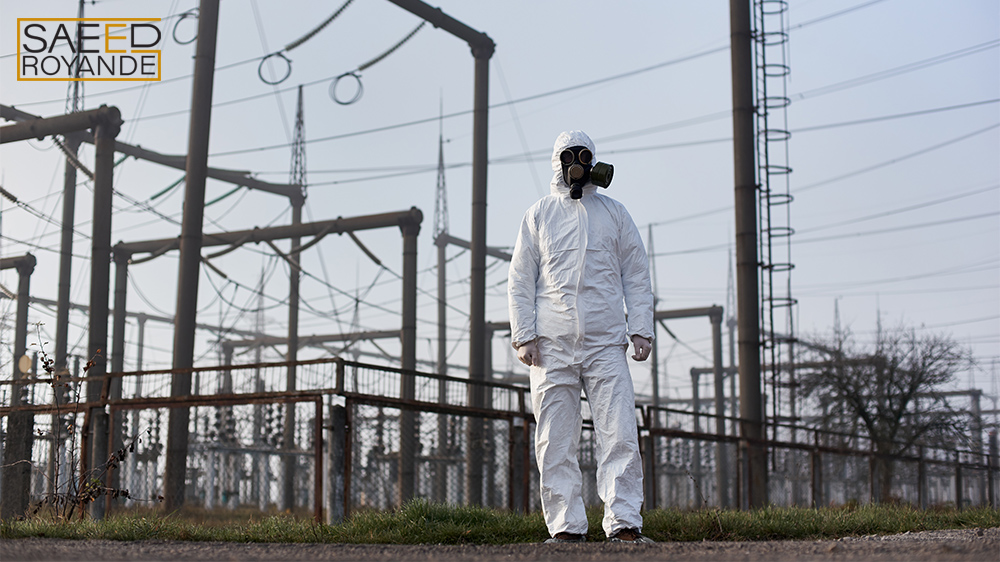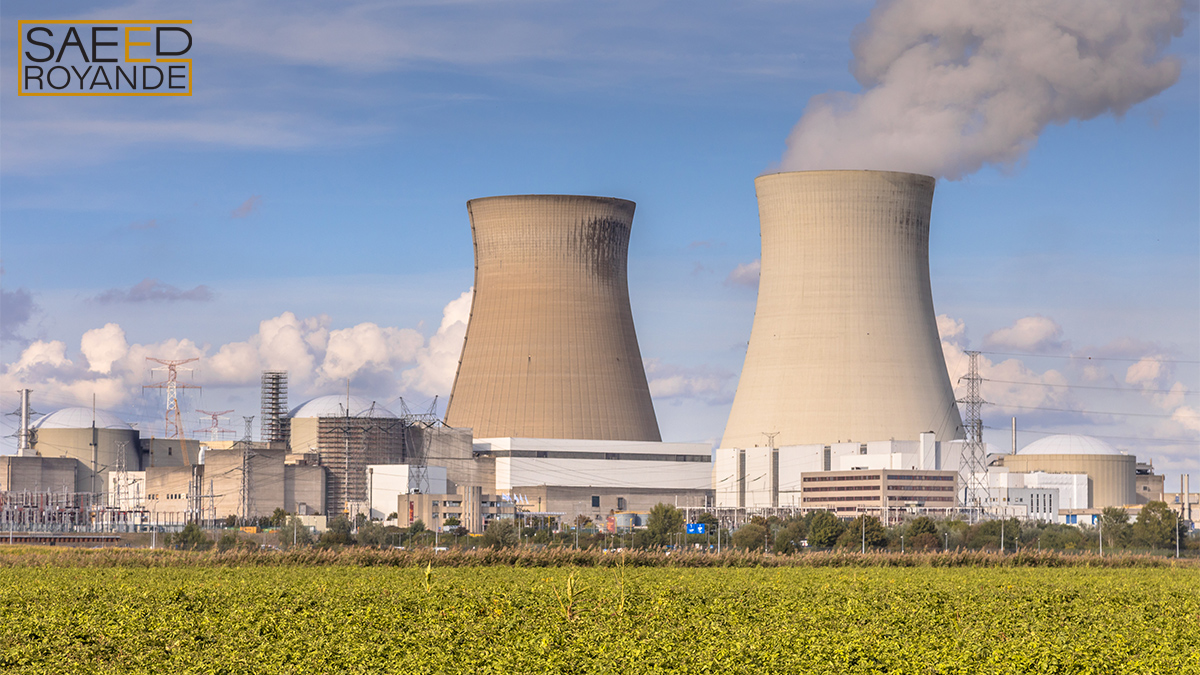Nuclear energy is hotly contested and often met with strong opposition. Nuclear power has many benefits, including low emissions of greenhouse gases, high energy density, and a steady supply of fuel for decades into the future. However, there are also several challenges in using nuclear power, such as the high upfront costs, security concerns, and the problem of radioactive waste. The field of study known as nuclear power economics examines the social and environmental consequences of nuclear power generation. There are many different factors to consider when analyzing the economics of nuclear power, including technical, financial, regulatory, social, and ethical considerations.
Costs and benefits of nuclear power
Several benefits of nuclear energy include:
- Clean energy like this doesn’t contribute to global warming and keeps fossil fuels out of the air.
- Base-load power and grid stability can be supplied by this safe and dependable energy source.
- Low operating costs, a long lifespan, and the ability to take advantage of economies of scale make this energy option competitively priced.
- It can run on either recycled or cutting-edge fuels, has a high energy density, and has a long-term fuel supply.
- It’s a catalyst for creative problem-solving and teamwork, which in turn can boost the economy, trade, and diplomatic ties between countries.
Challenges associated with nuclear energy include:
- New plant building is expensive and time-consuming, and there are challenges with the market and government regulations.
- Risks to safety and security from accidents, sabotage, or proliferation need stringent standards and procedures.
- It produces radioactive waste that needs to be managed, stored, and eventually disposed of securely and reliably.
- It has problems with public awareness and acceptability due to misconceptions, public opinion, and societal factors.

Power plant
Factors Affecting Nuclear Power Economics
The economics of nuclear power refer to the factors that determine whether or not this energy source is financially viable. Important considerations include:
Consequences of cheap gas-fired energy
In deregulated markets where prices are controlled by supply and demand, these electricity sources can reduce the competitiveness and profitability of nuclear power plants. Because of their large initial investment and low running expenses, nuclear power plants require reliable and consistent income to break even.
The political danger of increased nuclear taxation
For political or societal reasons, nuclear power plants may be subject to greater taxes or fees than other energy sources. Some countries, for instance, charge nuclear power plants more for liability insurance, nuclear fuel taxes, or the cost of disposing of nuclear waste. Nuclear power facilities may not be as profitable if they are subject to these taxes or fees.
Electricity Market
The economics of nuclear power facilities may be impacted by the design and structure of the energy market. Rules and processes for establishing prices, assigning capacity, guaranteeing reliability, and fostering competition vary among electrical markets. Some markets, for instance, have capacity mechanisms that compensate generators for making capacity accessible, regardless of whether or not they produce anything.

Scientists standing on territory of electric power
Nuclear energy prices
Several elements, including initial investment, ongoing operating expenses, fuel costs, decommissioning expenses, and waste disposal expenses, all contribute to the final price of nuclear energy. Choice of technology, project management, finance arrangements, safety standards, waste management regulations, and public acceptance are all examples of technical, financial, regulatory, and social factors that influence these variables.
Entrepreneurs and Nuclear Waste Management
Managing nuclear waste and entrepreneurship are two seemingly unrelated fields, but there are opportunities and links between both. Management of radioactive waste from nuclear power plants, research institutions, medicinal uses, and other sources is known as nuclear waste management. Long-term planning, public buy-in, regulatory compliance, and technical skills are all essential for nuclear waste management. In addition to the aforementioned, there are several other ways in which entrepreneurs and nuclear waste management could work together for mutual gain.
- Developing educational and informational initiatives to inform the public about the significance and difficulties of nuclear waste management
- Assistance with nuclear waste management projects through consultancy, engineering, or project management
- finding and creating new uses for nuclear waste products that have already been recycled
- Using platforms, competitions, and networks to encourage creativity and collaboration in the nuclear industry.

Growth economy with nuclear power plant
Nuclear Power Economics
The costs and benefits of nuclear power as an energy source are the focus of Nuclear Power Economics. Considerations including initial investment, fuel prices, operating expenses, decommissioning costs, waste disposal costs, environmental effects, reliability, security, and social welfare are all part of the process of weighing the pros and cons of nuclear power vs other energy options. Some of the main points about Nuclear Power Economics are:
- Except in regions with easy access to cheap fossil fuels, nuclear power is competitive with other methods of generating electricity.
- Capital costs for nuclear facilities are higher than those for coal-fired plants and much higher than those for gas-fired plants, but fuel expenses make up a very small fraction of total generating costs.
- Nuclear power, together with coal and gas-fired electricity, has substantially cheaper system costs than variable renewables.
- One difficulty in ensuring a diverse and dependable electrical supply system is creating incentives for long-term, high-capital investment in deregulated markets driven by short-term price signals.
- Decommissioning and waste disposal expenses are factored into the total cost of nuclear power.
- The building of nuclear power plants is representative of global infrastructure projects in general, all of which suffer from the common problem of having their costs and delivery difficulties underestimated.
- The viability of every energy project, including the construction of nuclear power facilities, must be determined through careful economic research. Economic costs and gains to society or the economy should be compared.


